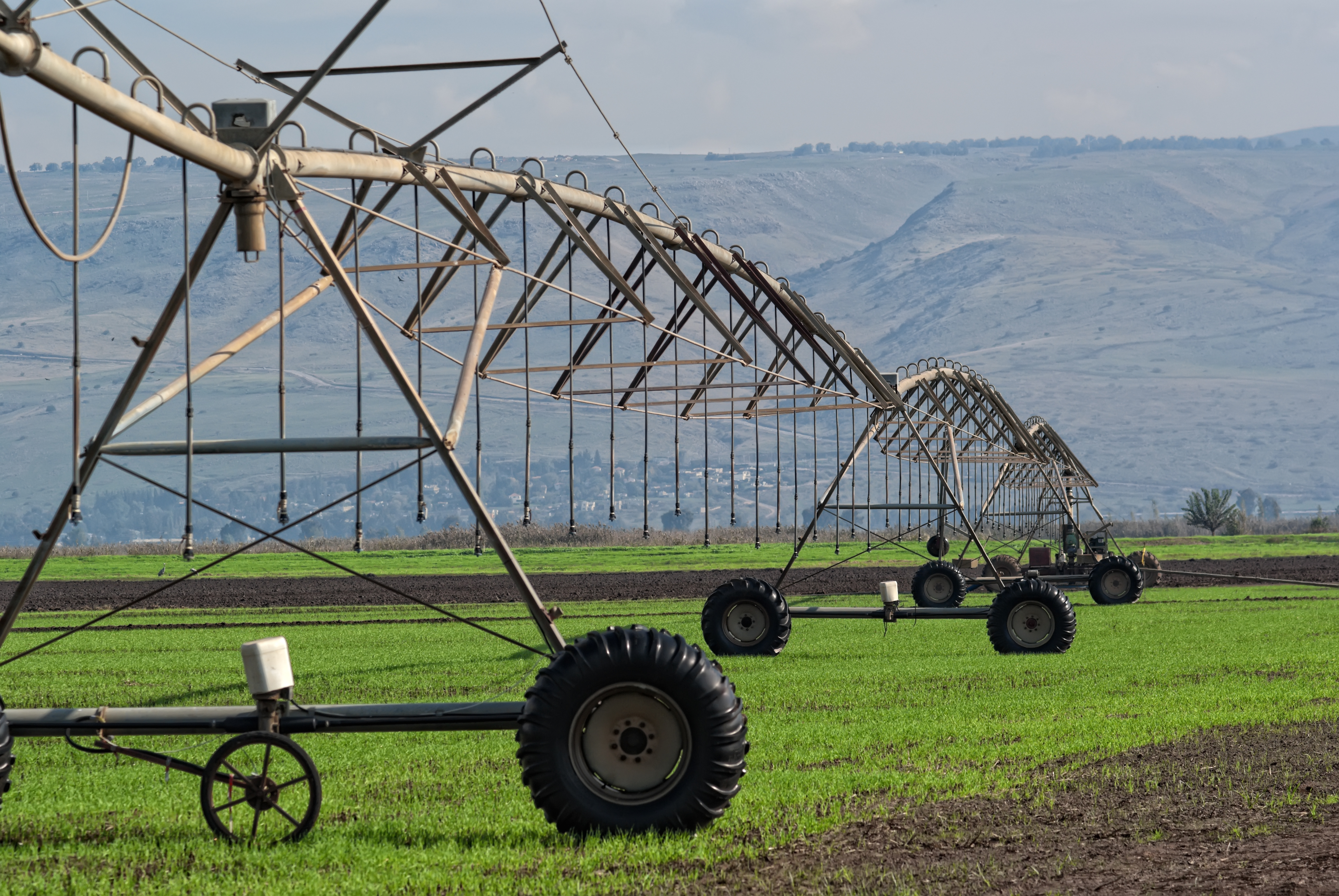Israel’s agritech sector is gaining ground in the global competition for agritech funding, according to a new report from Start-Up Nation Central (SNC), an Israeli NGO tasked with promoting Israeli technology all over the world.
The county of 8.5 million has more than 400 agritech startups, and the pace of growth is quickening.
The reasons for the strength of Israel’s agritech sector are varied, from government support and healthy science, technology, engineering, and math (STEM) education programs in the country, to the lessons learned from the country’s natural climate. The dry, desert climate of Israel makes it a natural source of innovation around rising global temperatures and increasing crop yields in such conditions.
“Israel has always answered its own agricultural challenges, and in the process has created a large produce export industry. But the real comparative advantage of this small country with its proven agricultural know-how lies in exporting technology, often tested first by Israel’s own farmers,” reads the report.
In 2016, Israel’s agritech sector raised $97 million, 3% of the total global agritech investment, according to SNC. By the end of the third quarter this year, Israeli agritech companies had already raised $131 million, surpassing the 2016 total with one quarter to go.
There are two sectors within agritech where Israel is punching above its weight globally: smart farming and ag biotech.
The report states that though Israel’s historical agritech strengths are in irrigation and water management, and livestock and poultry, smart farming has developed three times faster than other sectors, with 29 new companies forming in the last five years,
Smart Farming is the largest category of Israeli agritech startups. SNC defines it as “data-driven solutions and high-performance hardware for increased resource efficiency and crop yield.” In 2016, the companies in this category raised $27 million collectively, 7.4% of the $363 million globally invested in related technologies – this is nearly double Israeli agritech’s total share in global agritech investments in 2016.
In the first half of 2017, smart farming startups raised $12.5 million, 5.9% of funding for the category globally. Smart farming startups have already beat their 2016 total as of the end of the third quarter with $26.5 million raised.
The report notes that one explanation for smart farming’s dominance in Israeli agritech is that the skills gained in other sectors of the economy are especially translatable to smart farming such as “IoT systems, machine-learning algorithms, and big-data analytics,” which are in demand in many corners of the tech world.
The report emphasizes that Israel, though small in population and relative funding, receives an outsized amount of investment for its population, raising more than $8 per capita compared to $5.8 per capita in the United States.
Israel is also overperforming in agriculture biotechnology, which SNC defines as companies that “exploit biological processes for agriculture.” In Israel, more than half of these companies innovate in plant breeding or genetics, modifying traditional breeding methods and deriving new genetic analysis, according to the report.
In 2016, global ag biotech companies raised $719 million, $16.7 million (2.3%) of which went to Israeli companies. Again, so far in 2017, Israeli ag biotech companies have bested 2016 totals, raising $22.4 million. With global ag biotech investment down 6% for the first half of 2017, Israeli companies may end up gaining ground in global ag biotech by the end of the year.
Other categories where SNC sees a bright future for Israeli agritech include machinery, robotics, and drones, which raised just $2.2 million last year, and food safety and traceability, which raised $8.3 million in 2016.
Though little funding has materialized in this category, the report also presents an argument that Israel may play a role in the growing trend toward alternative proteins, which they define as plant-based, insects, and cultured meat. Of the nine Israeli alternative protein startups, six were founded in the last three years.
“With a significant pool of highly skilled yet affordable labor, and an influx of expertise and technological innovation from academia and the high-tech ecosystem, there is still plenty of room to grow,” says the report.





